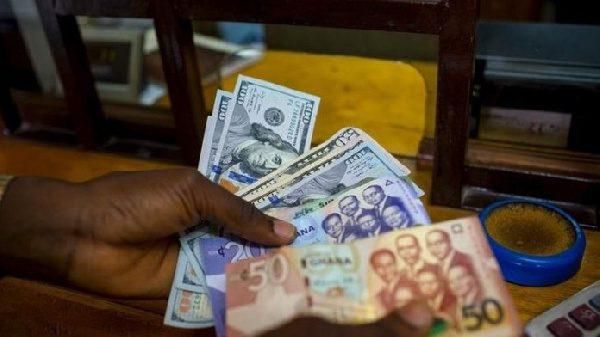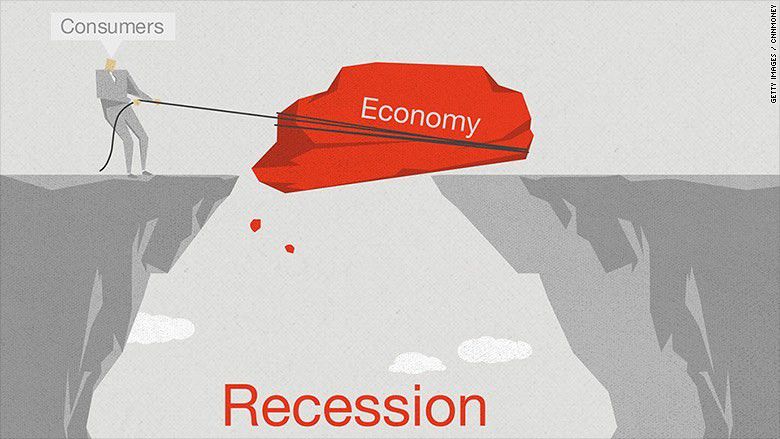It's a bad idea to price your property in dollars, here's why
)
Despite this, some Ghanaians continue to price their goods and properties in dollars. While it might seem like a practical solution to safeguard against currency fluctuations, there are compelling reasons to avoid this practice. Here are four key reasons why you should not price your property in dollars:
1. It is illegal
Pricing goods and services, including property, in foreign currencies can have legal ramifications. The Bank of Ghana has regulations that require all transactions within the country to be conducted in the cedi, the official currency.
Ignoring these regulations not only undermines the authority of the local currency but can also result in legal penalties. Ensuring compliance with national laws is crucial for maintaining a stable and fair economic environment.
2. You are depreciating the cedi
By pricing properties in dollars, you contribute to the diminished demand for the cedi, further weakening its value. This practice exacerbates economic instability, making it harder for the local currency to recover and stabilise.
When businesses and individuals continuously opt for foreign currencies, it puts additional pressure on the cedi, leading to a vicious cycle of depreciation and inflation.
Supporting the cedi by pricing goods and properties in the local currency helps to foster economic stability.

3. Pricing Ghanaians out of their country
Pricing properties in dollars limits the market to individuals who have access to foreign currency, often excluding a significant portion of the local population.
This practice can be particularly burdensome for local buyers who earn and save in cedis, making it difficult for them to afford properties priced in a foreign currency.
By pricing your property in cedis, you make it more accessible to a broader audience, promoting inclusivity and ensuring that more Ghanaians can participate in the real estate market.
4. Causes economic instability
Continuing to price properties in dollars can lead to a negative perception of the local economy, eroding trust in the cedi and the broader economic system.
This lack of confidence can deter both local and foreign investments, as potential investors may perceive the economy as unstable and unpredictable.
Building trust in the local currency and economy is essential for attracting investments and promoting long-term economic growth. Pricing properties in cedis reinforces confidence in the local market and encourages sustainable economic practices.

While pricing property in dollars might seem like a safeguard against currency fluctuations, it ultimately has negative implications for Ghana's economy and the accessibility of the real estate market.
By adhering to legal regulations, supporting economic stability, promoting inclusivity, and fostering market trust, you contribute to a healthier and more robust economic environment.
Embracing the cedi as the standard currency for pricing goods and properties is a crucial step toward ensuring the long-term prosperity of Ghana's economy.

)
)
)
)
)
)
)
)
)